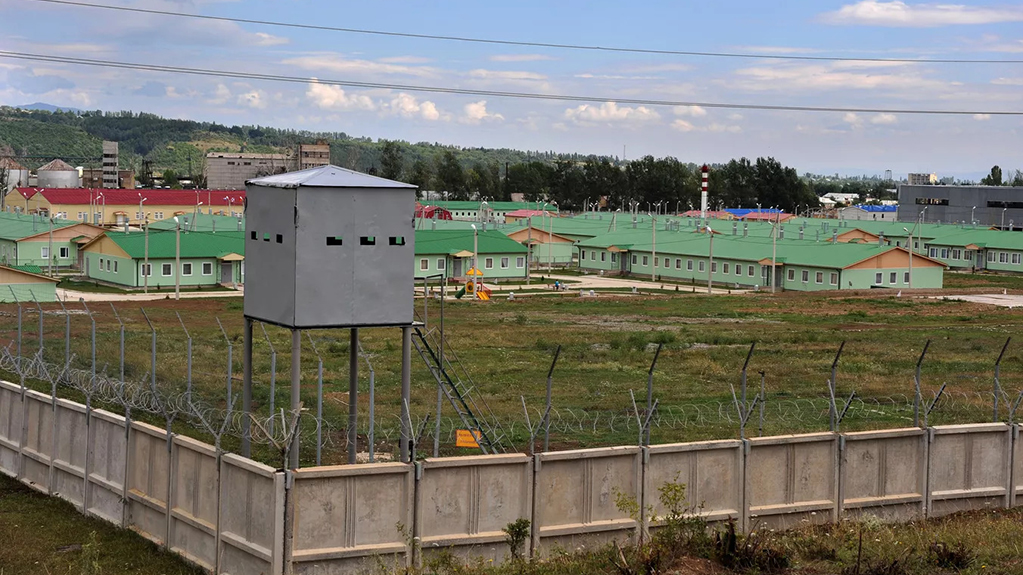An additional plot of land will be handed over to the Russian Ministry of Defense for the military base located in the territory of the de facto Republic of South Ossetia. The Russian government has accepted the proposal to initiate negotiations on this matter.
News
The head of the information department of the administration of the president of the de facto Republic of South Ossetia, Yuri Vazagov, stated that the expansion of the Russian military base and the upcoming ratification of the agreement on military-technical cooperation in the Russian State Duma "fully meet the national interests of the two countries." According to Vazagov, this issue has gained relevance "against the complex and controversial trends" related to the situations in both Georgia and Armenia.
"Contrary to some forecasts, the Georgian authorities are not yet ready to sign non-use of force agreements with South Ossetia and Abkhazia. Considering the activity of pro-Western radical forces in this republic, which enjoy open and large-scale support from Western countries, we cannot rule out the potential risks of escalating tension in the region," said Yuri Vazagov.
He emphasized that, in light of the pre-election campaign in Georgia, the statements of Western politicians indicating there is no intention to open a second front against Russia in the South Caucasus do not inspire confidence.
"Similar statements have been made at different periods, but in practice, we have seen completely different outcomes. Furthermore, the focus on demanding the withdrawal of Russian bases from the territories of South Ossetia and Abkhazia, rather than implementing measures to restore confidence and strengthen stability in the region, raises serious doubts and concerns.
For this reason, the South Ossetian community views the deepening of defense cooperation with Russia positively. They regard the Russian Federation as a reliable guarantor of the republic's security," Vazagov said.
Recently, Russian Foreign Minister Sergey Lavrov stated at a press conference at the United Nations that the Georgian government desires "historic reconciliation," and that Russia is prepared to assist in normalizing relations with the "neighboring countries" of Abkhazia and South Ossetia, should these "countries" express interest. Kakha Kaladze, the general secretary of Georgian Dream, noted that the Georgian Dream government views Lavrov's statement positively. "At the same time, it would be beneficial to begin developing an action plan for the withdrawal of the army from Georgian territories," Kaladze added.
Later, Lavrov met with the foreign ministers of Abkhazia and the so-called South Ossetia in Moscow, confirming that "the decisions of 2008 are not subject to review."
Since February 2009, the 4th military base of the Russian Federation has been located in the Tskhinvali region. The main deployment locations of the base are the city of Tskhinvali and the village of Java. Additionally, the military unit is positioned in several other locations. Before the war in Ukraine, the total number of Russian troops stationed in the occupied region was approximately 4,000.















